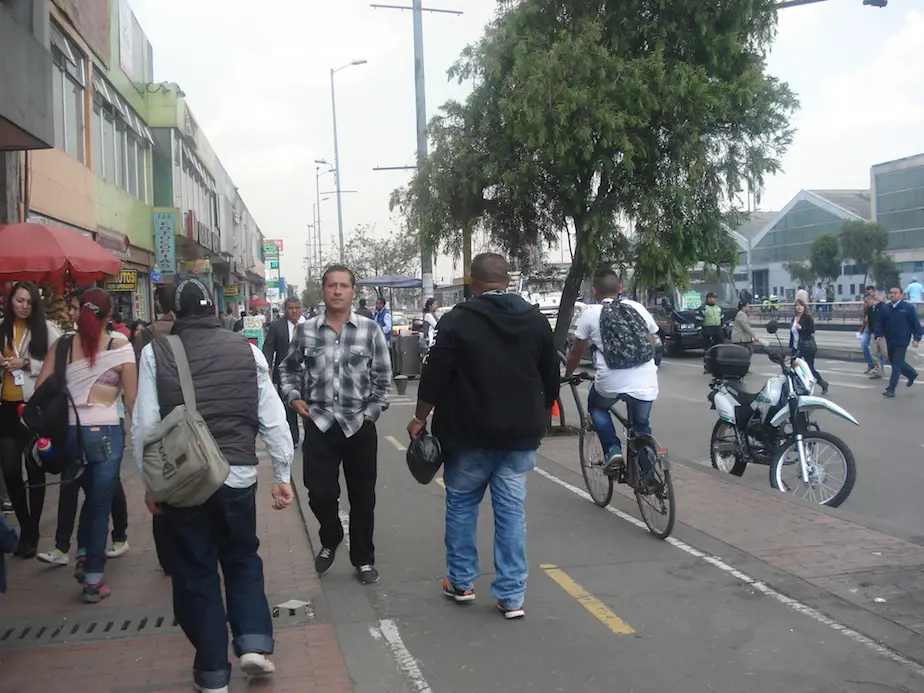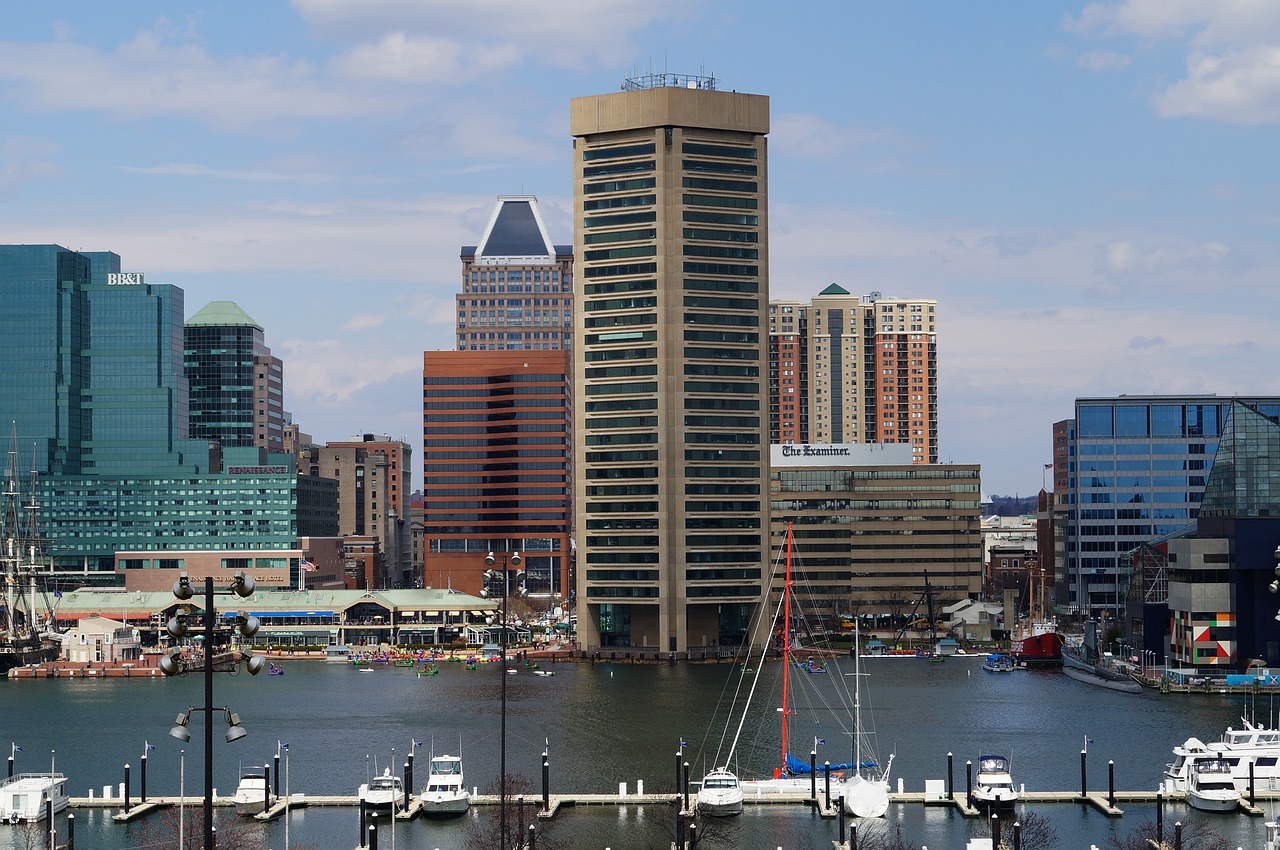There’s been lot of love shown recently to the notion of cities becoming ‘resilient’, ‘good’…or just plain fabulous. Take for example The Rockefeller Foundation’s global 100 Resilient Cities initiative, which offers support to cities anywhere in the world that can become more resilient to the physical, social, and economic challenges being faced today.
GOOD Magazine also recently launched the Good Cities Project with Ford, where thought leaders are invited to pen open love letters to their favorite city. There’s even the annual ‘Good City Index’ which uses 8 metrics to identify global cities transforming themselves through high levels of creative civic engagement, amongst other factors.
It’s no wonder there’s been so much focus on improving city life. According to Nielson, urban population growth in the US is set to outpace growth in the suburbs for the first time since the 1920s, reversing a decades-long trend to live and work in the suburbs. Naturally, a larger market has emerged for the consumption of goods and services targeted towards the urban dweller.
So how are brands responding to these trends?
Many large US corporations have moved operations back to the city centers to be closer to the younger, talented workforce — Yahoo, Pinterest, United Airlines, and Quicken Loans, to name a few. Companies are also rethinking their products and services to create greater appeal for the urban dweller, whether it be smaller, trendier, or more ‘sharable’.
However, perhaps the real trick to winning over urbanites is to help them master urban life. According to an article written by Bruce Katz and Greg Glark last year for Quartz digital news “The rise of cities is changing what companies make, provide and sell. City-savvy corporations are inventing new products and processes to help cities grow in more sustainable and efficient ways and help city residents master urban life’.
Part of the plan for ‘mastering urban life’ might also include mastering the basics, such as growing your own food. Not a bad idea since one of the metrics used by the Good City Index is ‘Green Life – operating in sync with the natural world and not in opposition to it’.
Considering the drought plaguing California, food insecurity may become more of a reality than most Americans think. Many US crops are produced almost exclusively in California — over 90% of artichokes, walnuts, kiwis, plums, celery, garlic, and cauliflower for the entire nation. In view of the rapidly changing environment, eventually everyone may have to know how to grow some of their own food.
This is where The Urban Homesteader comes in — a unique start-up project that teaches people how to turn their small urban space into a modern homestead. Through a web series, how-to materials, and a skill-sharing platform, The Urban Homesteader shows urbanites how to produce their own food whether it be on a patch of grass, a balcony, or a windowsill. The project also suggests innovative ways to conserve water, and to reduce energy consumption…certainly all very necessary for drought-stricken California.
The project has been kicked off through an Indiegogo campaign, and aims to broaden the impact of grassroots urban sustainability efforts by teaching people basic homestead skills in a modern, entertaining style that is easy to understand. With support from major national retailer Whole Foods Market and the publisher of Mother Earth News, the timing for The Urban Homesteader couldn’t be better since social innovation is exactly what’s needed to help transform cities from good to great.
Taking a cue from Montreal, which landed near the top of last year’s Good City Index, it would be ideal if more cities allowed their citizens to turn their backstreets into communal gardens. Support for The Urban Homesteader will help turn that into reality — arming urbanites with the skills they need to have more control of where their food comes from.
Learn more about and support the Urban Homesteader’s Indiegogo campaign here. Soon we’ll all be able to say ‘Je t’aime!’ to all of our beloved cities.
Jeannine Glista is an independent media producer with a focus on social innovation. She’s best known as Co-Creator of Biz Kid$, a national public TV series that teaches kids about money and business. Her project, The Urban Homesteader, aims to teach people how to turn their small urban space into a modern homestead.


